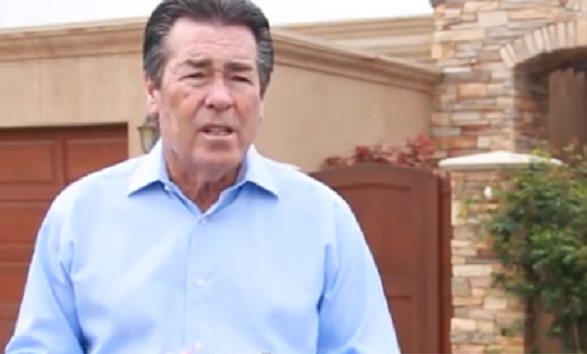Trade a Share of a Down Payment for a Stake in Your Home?

Would you accept help getting a down payment on a home now for a stake in the potential profit on the sale of that home later? That's the deal being offered by a program called REX HomeBuyer which offers to match up to half a homebuyer's down payment on a home for a chunk of the property's equity.
Seattle-based HomeStreet Bank has partnered with the FirstREX real estate equity finance group to help fund a qualifying homebuyer's down payment under REX HomeBuyer. It's not a loan, so there are no monthly payments and no interest charges.
"Many homebuyers can easily afford the monthly housing payments on the home they want to buy, but don't have enough cash saved for the required down payment," says James Riccitelli, Co-CEO of FirstREX. "Others have the cash but are uncomfortable making a large down payment. REX HomeBuyer solves both of these problems. Buyers can buy the home they really want today, with less debt and less risk, and retain some of their cash after closing for other purposes."
What's in it for FirstREX? If the home's value increases by the time of the sale, REX HomeBuyer receives back its original investment and then some, making a profit. If the home value has fallen, they could incur a loss, though not necessarily. (Housing prices today are 21 percent below their 2006 peak, but rising.)
"The payment we receive when the agreement ends can be either more or less than the amount we originally invested," Riccitelli told AOL Real Estate. "If the home value increases, we typically make money. If the home value decreases, we typically lose money. If a home has decreased in value dramatically when sold, it is possible that our payment will be zero, meaning we can sustain a total loss on our investment."
In a testimonial at the FirstREX site, California homeowner Jay Horton tells of selling a property before the market started to bounce back, he didn't profit by much due to the downturn in the housing market. He and his wife were hoping that the proceeds from their home sale would help them put a down payment on their next one -- a home by the beach. But as a result, Horton (pictured above) felt his options were to tap into his 401(k) or buy a lesser home. "None of those [options] were particularly attractive to me," he says in the video (see below).
Buying with at least 20 percent down could mean there is no mortgage insurance for homeowners to pay, but it also means right out the gate the buyer has more equity in the home than the typical homebuyer.
The program only accepts well-qualified buyers who will put down a minimum of 10 percent of the down payment. FirstREX matches that payment for a total of 20 percent down. (Buyers can always put more down but FirstREX will only invest up to 10 percent of the home sale.) There is a transaction fee payable at closing equal to 2 percent of the amount FirstREX invests, which partially offsets its origination costs. "The REX HomeBuyer agreement typically ends when the homeowner chooses, either by selling the home or buying out our position," Riccitelli told AOL.
"Our focus is on helping people buy homes," says Rich Bennion, executive vice president and residential lending director for HomeStreet Bank, one of a handful of banks participating in the program, since many lenders will only approve loans with down payment assistance from relatives or approved programs. "Down payment funding from FirstREX expands the options of qualified homebuyers to buy a home that will meet their needs.
Loans of this type, known as shared-appreciation mortgages, became available in the U.S. starting in the 1970s, according to research done by BloombergBusinessweek. The study suggests that such loans may offer investors poor returns because "the incentive to use these mortgages is highest among those expecting no price appreciation and those intent on" staying in their homes "as long as possible."
Staying put as long as possible is what Jeff Uter plans to do, according to the magazine's report. Uter, who bought his California home in March, says he had enough money for a down payment after selling his previous property but preferred to go after higher returns. He's not concerned that he's sacrificing potential gains on his home: "We're going to stay for a while," he says.
If it were not for FirstREX, Uter would have had to pull cash out of his consulting business or sell stocks to make a 20 percent down payment. Instead, he paid $78,000, which was 10 percent of the $780,000 home in Orange County, and FirstREX paid the other $78,000.
In exchange, FirstREX will get 40 percent of any gains in the value of Uter's four-bedroom condo in a golf course community when it's sold.
"Our investors have carefully weighed the potential risks and rewards and are comfortable investing in home price appreciation over the long run," Riccitelli told AOL. In fact, even if a homeowner refinances, FirstREX maintains its stake in the home. "Our investments are longer term in nature," he said.
It turns out that very few people in the U.S. stay in a home for 30 years, with recent Census Bureau data showing that number to be only a little over 15 percent. If products like this catch on, it will be interesting to see their effects on the economy in 5, 10 or 15 years when buyers attempt to sell their properties.

